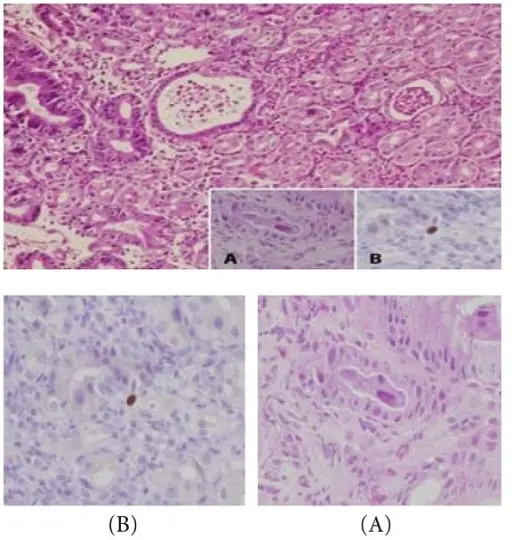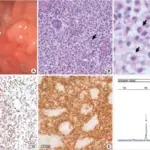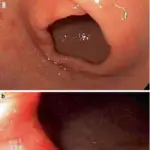Acute gastritis is an inflammation or irritation of the stomach lining. The condition tends to last for a short period of time only. If the inflammation persists, however, the condition is referred to as chronic gastritis. Acute gastritis can affect people of all ages, though it’s more common in adulthood and old age.
What is the Pathology of Acute Gastritis?
The pathology of acute gastritis is:
-Etiology: The cause of acute gastritis is injury, bacteria, viruses, stress, or ingesting irritants such as alcohol, NSAIDs, steroids, or spicy food.
-Genes involved: IL1B-31.
-Pathogenesis: The sequence of events that lead to acute gastritis are: as a result of the trigger by factors such as NSAIDs, stress, bile reflux, radiation, alcohol abuse, cocaine addiction, and ischemic damage. The outcome of these triggers may result in ulcers, hemorrhage and erosion of the gastric mucosa.
-Histology: The histology associated with acute gastritis shows hyperemia, acute inflammation, increased polymorphonuclear neutrophil in the superficial lamina propria, erosion of the surface epithelium, sloughing, mucosal necrosis to a greater extent, scarring.
How does Acute Gastritis Present?
Patients with acute gastritis are typically both genders of all ages. The symptoms, features, and clinical findings associated with acute gastritis include a burning ache or pain, indigestion in your upper abdomen that may become either worse or better with eating, nausea, vomiting, a feeling of fullness in your upper abdomen after eating.
How is Acute Gastritis Diagnosed?
Acute gastritis is diagnosed by a blood, breath, or saliva test to check for H. pylori.
How is Acute Gastritis Treated?
Acute gastritis is treated by antacids and other drugs such as proton pump inhibitors or H-2 blockers to reduce stomach acid, avoiding hot and spicy foods.
What is the Prognosis of Acute Gastritis?
The prognosis of acute gastritis is good.



